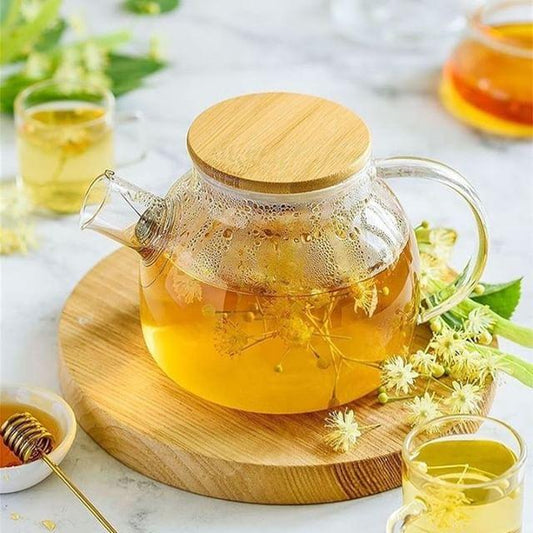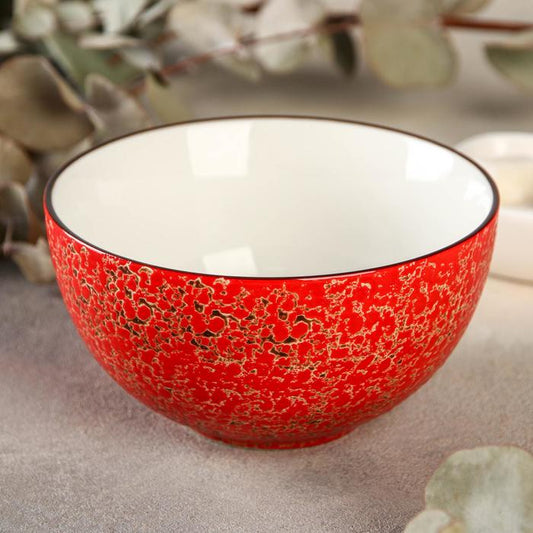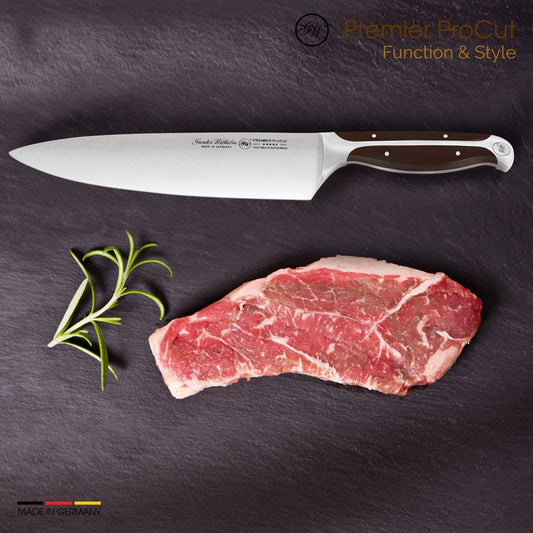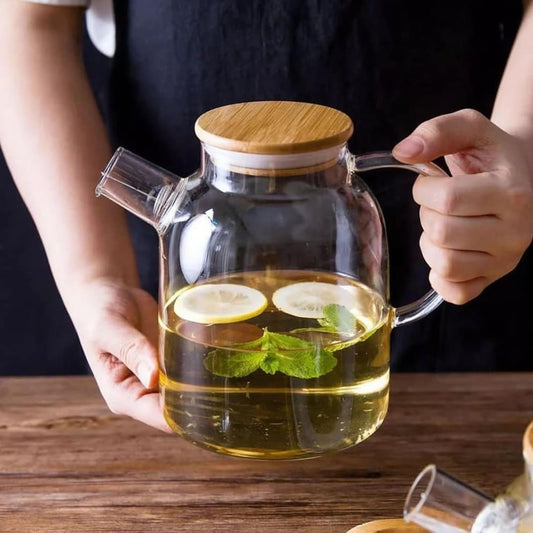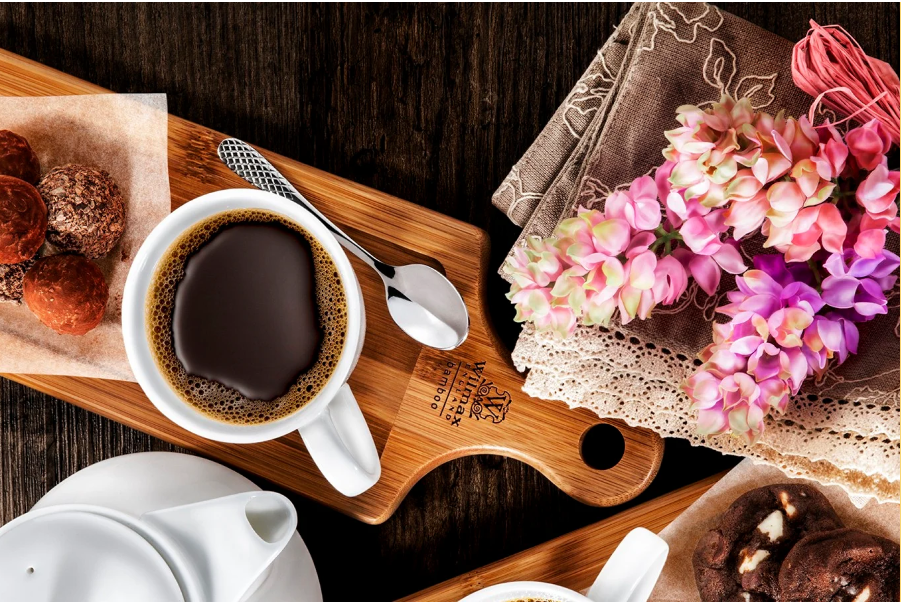Plastic-Free Sips: The Revolution of Edible Cups & Compostable Glassware

Beverage design meets eco-innovation as sustainability and style collide in the drink world.
The war on single-use plastic has officially reached your drink. From coffee houses to cocktail bars, the global beverage scene is undergoing a radical redesign — one that doesn’t just look sustainable, but tastes like it. Welcome to the world of edible cups and compostable glassware, where eco-consciousness and innovation are blending seamlessly into every sip.
From Problem to Possibility
For decades, plastic was the default — convenient, durable, and cheap. But as environmental awareness has grown, so has discomfort with disposable culture. Each year, an estimated 500 billion plastic cups are used and discarded worldwide. That’s billions of moments of convenience turned into centuries of waste.
Now, designers, chefs, and scientists are asking a new question: what if sustainability could be sensory? What if the cup itself became part of the experience? The result is an emerging category of products that are as functional as they are futuristic — dissolving, digestible, or designed to return harmlessly to the earth.
Edible Cups: Sustainability You Can Taste
The concept of an edible cup might sound whimsical, but it’s fast becoming mainstream. Companies like Twice and Loliware are crafting vessels made from seaweed, oats, and fruit fibers that hold beverages just long enough to be enjoyed — then eaten, composted, or biodegraded within days.
Picture sipping a latte from a subtly sweet wafer cup that pairs perfectly with your drink, or enjoying a spritz served in a citrus-flavored glass that dissolves gently into your cocktail. Edible design turns sustainability into an interactive ritual — one where the container is no longer waste, but part of the flavor profile.
Compostable Elegance: Aesthetics Meet Ethics
Not every drink needs to come with a bite — and that’s where compostable glassware takes the stage. These are cups and tumblers made from plant-based polymers, bamboo cellulose, or recycled rice husks that look and feel like luxury glassware, yet decompose fully within months.
High-end restaurants and event planners are embracing the aesthetic possibilities: translucent materials, frosted textures, and elegant shapes that align with modern table design. It’s sustainability that doesn’t scream “eco-friendly” — it whispers it through refined design.
The Bar Scene Goes Green
The cocktail world has been quick to innovate. Mixologists are serving zero-waste cocktails with edible garnishes and plant-based straws, while festivals and pop-ups feature entire drink menus free of disposable plastics. Some bars now use dehydrated fruit cups as drink vessels, allowing guests to quite literally “finish their drink” in every sense.
In London and San Francisco, bars are partnering with design studios to create branded edible cups that match the color and flavor profile of signature drinks — think matcha mojitos in green-tea shells or pomegranate sours served in red hibiscus glassware.
Innovation Backed by Science
Behind the beauty lies serious research. Edible and compostable cup producers are experimenting with biopolymer science — combining natural starches, plant oils, and seaweed extracts to achieve the structural strength of plastic without its environmental cost. The challenge? Balancing durability with rapid decomposition.
Startups are tackling that balance head-on. Some cups remain stable for two hours, others dissolve within twenty minutes. Future designs may include adjustable “shelf lives” depending on beverage temperature or alcohol content — innovation guided by both chemistry and experience.
The Future of Drinking Design
As consumers demand transparency and eco-responsibility, plastic-free sipping is moving from niche to norm. Cafés and event spaces that adopt compostable or edible drinkware are finding that guests don’t just appreciate the ethics — they share the experience. Sustainability has gone viral, and now it’s delicious.
Expect the next wave to blur lines even further: drinks served in flavored “shells,” dissolvable packaging that adds vitamins, and AI-assisted sustainability scoring that helps brands optimize their carbon footprint down to the last sip.
The takeaway? The future of beverages isn’t bottled — it’s biodegradable.
Share:

